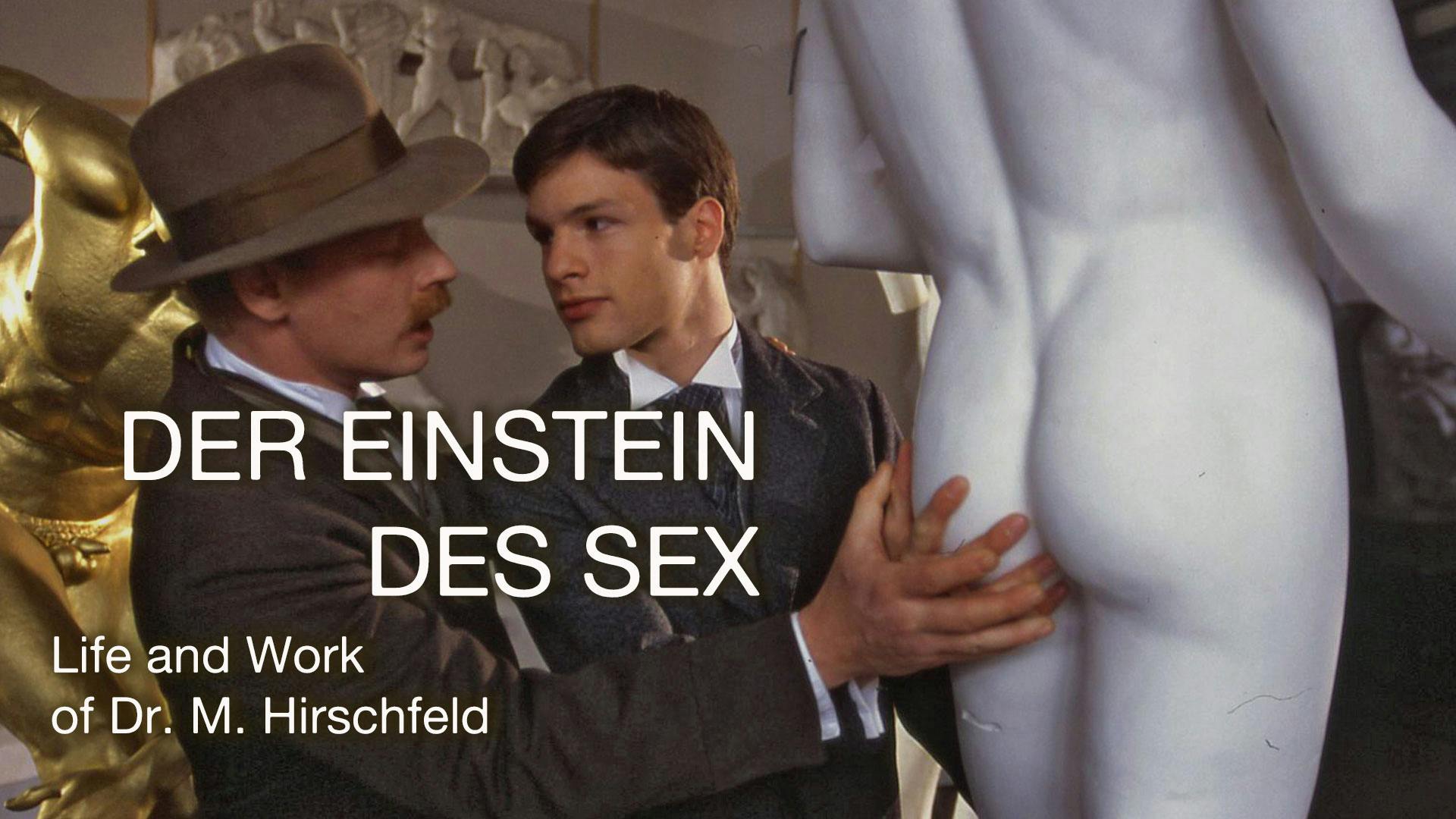Introduction to Dr. Magnus Hirschfeld
In the annals of history, few individuals have left an indelible mark on the study of human sexuality like Dr. Magnus Hirschfeld. A pioneering figure in the field of sexology, Hirschfeld's groundbreaking work challenged societal norms and paved the way for a more inclusive understanding of sexual orientation and gender identity. His unwavering dedication to scientific inquiry and advocacy for LGBTQ+ rights earned him the moniker "The Einstein of Sex," a testament to his revolutionary impact on the field.

Early life and education of Dr. Magnus Hirschfeld
Born in 1868 in Kolberg, Germany (now Kołobrzeg, Poland), Magnus Hirschfeld's journey into the realm of sexology began at a young age. Raised in a Jewish family, he developed an early fascination with the complexities of human sexuality, fueled by his observations of societal attitudes towards non-conforming sexual expressions. This curiosity propelled him to pursue a medical degree at the University of Berlin, where he immersed himself in the study of human anatomy and psychology.
The founding of the Institute for Sexual Science
In 1919, Hirschfeld's vision for a comprehensive research center dedicated to the study of human sexuality came to fruition with the establishment of the Institute for Sexual Science (Institut für Sexualwissenschaft) in Berlin. This pioneering institution served as a hub for groundbreaking research, education, and advocacy, attracting scholars, researchers, and individuals from around the world seeking knowledge and support.
Dr. Magnus Hirschfeld's contributions to the field of sexology
Hirschfeld's contributions to the field of sexology were vast and multifaceted. He introduced the concept of "sexual intermediaries," challenging the binary understanding of gender and sexuality. His research explored the diverse spectrum of sexual orientations, gender expressions, and identities, laying the foundation for a more nuanced and inclusive understanding of human sexuality.
One of Hirschfeld's most significant achievements was the coining of the term "transsexuality," recognizing and validating the experiences of individuals whose gender identity differed from their assigned sex at birth. This groundbreaking concept paved the way for greater understanding and acceptance of transgender individuals.
The concept of sexual orientation and Dr. Magnus Hirschfeld's research
Hirschfeld's work on sexual orientation was revolutionary for its time. He rejected the prevailing notion that homosexuality was a pathological condition, instead proposing that it was a natural variation of human sexuality. His research challenged the stigma and discrimination faced by LGBTQ+ individuals, providing a scientific basis for their acceptance and inclusion in society.
Through his extensive studies and publications, Hirschfeld introduced the concept of a "sexual orientation spectrum," recognizing the fluidity and diversity of human sexuality. This paradigm shift challenged the rigid binary classifications of sexual identity, fostering a more inclusive and nuanced understanding of human sexuality.
Dr. Magnus Hirschfeld's advocacy for LGBTQ+ rights
Beyond his scientific contributions, Hirschfeld was a tireless advocate for LGBTQ+ rights. He co-founded the Scientific-Humanitarian Committee, one of the earliest organizations dedicated to decriminalizing homosexuality and promoting the social acceptance of LGBTQ+ individuals. Hirschfeld's activism extended to public lectures, publications, and lobbying efforts, challenging the discriminatory laws and societal attitudes of his time.
His advocacy efforts were not limited to Germany; Hirschfeld traveled extensively, delivering lectures and raising awareness about the rights and dignity of LGBTQ+ individuals worldwide. His unwavering commitment to social justice and equality inspired generations of activists and advocates.
Opposition and persecution faced by Dr. Magnus Hirschfeld
Despite his groundbreaking work and advocacy, Hirschfeld faced significant opposition and persecution. Conservative and religious groups viewed his research and activism as a threat to traditional values and societal norms. In 1933, the rise of the Nazi regime in Germany led to the destruction of the Institute for Sexual Science and the burning of its extensive library and archives.
Hirschfeld, who was in exile at the time, was forced to flee Germany and seek refuge in various countries, ultimately settling in Nice, France. The loss of his life's work and the persecution he endured were a testament to the challenges faced by pioneers who dared to challenge the status quo.

Legacy and impact of Dr. Magnus Hirschfeld's work
Despite the setbacks and adversities he faced, Hirschfeld's legacy endures as a beacon of hope and progress in the field of sexology and LGBTQ+ rights. His groundbreaking research and advocacy laid the foundation for a more inclusive and understanding society, paving the way for future generations of researchers, activists, and advocates.
Today, Hirschfeld's work is celebrated and recognized for its profound impact on our understanding of human sexuality and gender identity. His contributions have inspired countless individuals and organizations to continue the fight for equality, acceptance, and respect for all individuals, regardless of their sexual orientation or gender identity.
Resources for further exploration on Dr. Magnus Hirschfeld
For those seeking to delve deeper into the life and work of Dr. Magnus Hirschfeld, a wealth of resources is available:
1. Documentaries, Films and Series:
- "Der Einstein des Sex" by Rosa von Praunheim
- "Butterflies in Berlin – Diary of a Soul Split in Two" by Monica Manganelli
- "Dr. Magnus Hirschfeld: The Einstein of Sex" by Wolfram Wuttke-Cronau
- "The Life and Times of Magnus Hirschfeld" by Liz Goldwyn
Conclusion
Dr. Magnus Hirschfeld's life and work stand as a testament to the power of scientific inquiry, advocacy, and unwavering commitment to social justice. His groundbreaking research and activism challenged societal norms and paved the way for a more inclusive and understanding world. As we continue to celebrate and embrace diversity in all its forms, Hirschfeld's legacy serves as a guiding light, reminding us of the transformative impact that one individual's vision and determination can have on the world.
If you're interested in exploring the life and work of Dr. Magnus Hirschfeld further, consider visiting the Magnus Hirschfeld Museum in Berlin or attending one of their educational events. Additionally, you can support organizations dedicated to promoting LGBTQ+ rights and advocacy, ensuring that Hirschfeld's legacy continues to inspire generations to come.